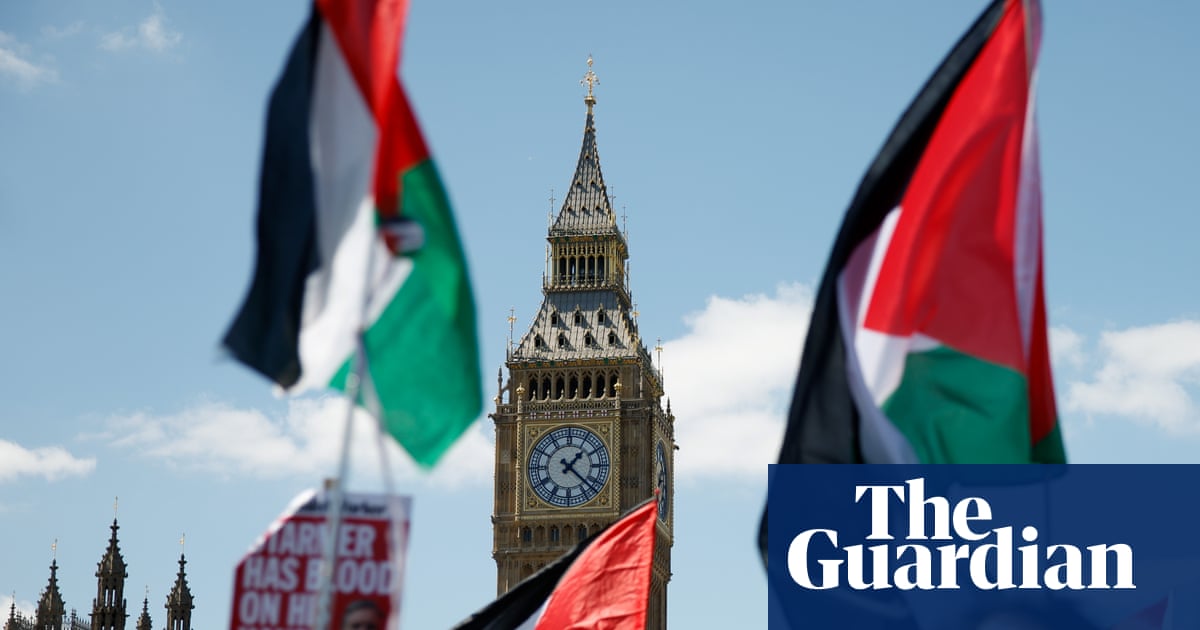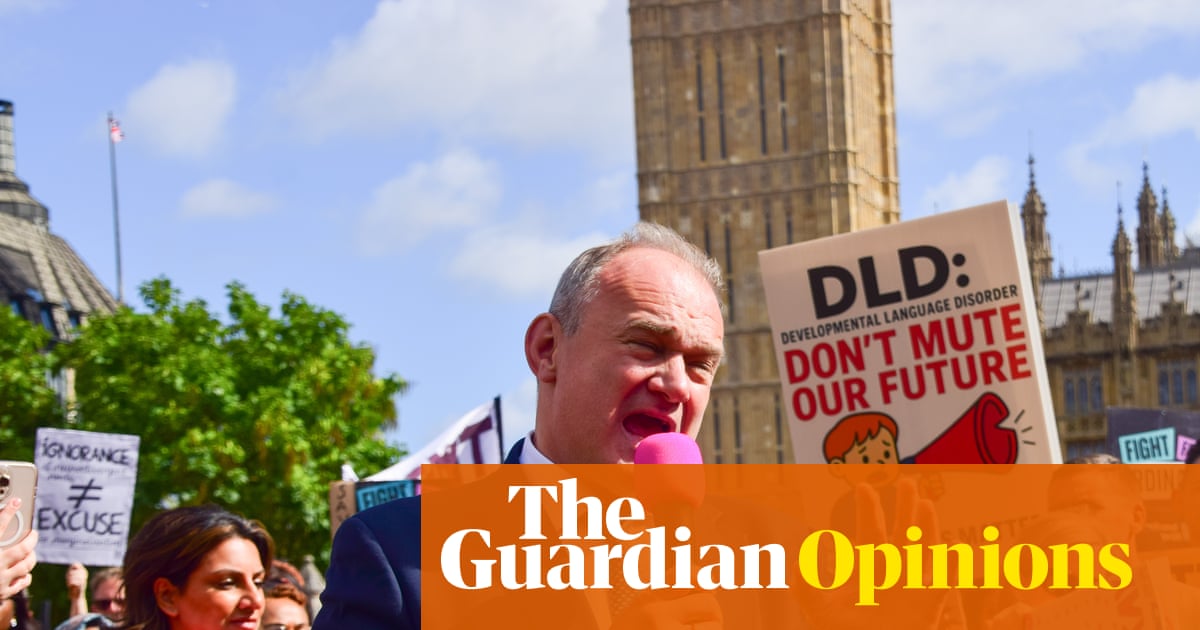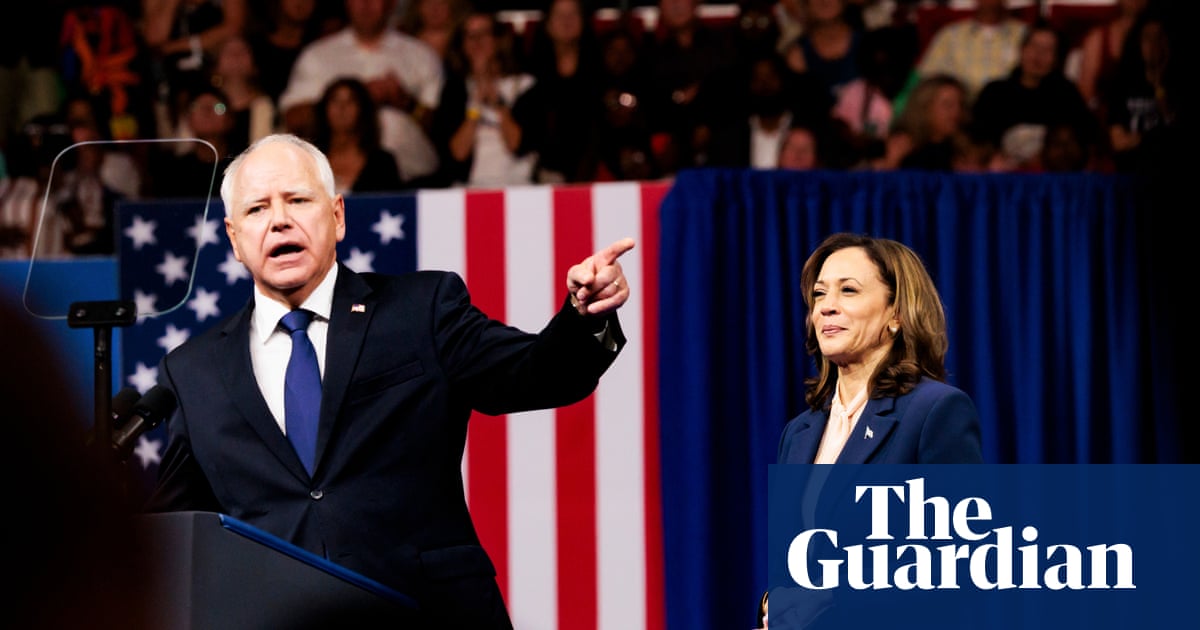Sir Keir Starmer is pledging to make Britain “battle-ready” by spending billions of pounds on arms factories, drones and submarines. Rachel Reeves says she will invest £15bn in trams, buses and trains for towns and cities outside London. The announcements by the prime minister and chancellor followed last month’s partial U-turn on the means testing of pensioners’ winter fuel allowance. Anyone could be forgiven for thinking the tough times were over and that money was now no object.
Nothing could be further from the truth. The spending review Reeves will deliver next week comes at a time when growth is weak and borrowing high. The brutal reality is that if more is to be spent on defence and the NHS, if the police are to be handed extra resources to tackle crime, and if pledges to hit housebuilding and net zero targets are to be fulfilled, something has to give. And that something will be higher taxes in the budget. It is just a matter of which taxes and who pays them.
Reeves could simply borrow more money to fund increases in spending. That’s precisely what happened during the global financial crisis of 2008-09 and during the pandemic. It is what would happen again in the event that the new cold war turned into a real shooting match. When things are really bad, governments abandon all thoughts of financial probity, spend whatever it takes and think about the consequences later.
Short of a full-blown crisis, there is no way Reeves is going to throw caution to the wind. Her room for manoeuvre is limited by her self-imposed fiscal rules – that over time national debt should be falling as a share of national income, and that day-to-day spending should be covered by tax receipts. The first of these affects the level of capital spending and was tweaked in last autumn’s budget to make possible the welcome increases in spending on transport infrastructure for less well-off parts of the country. Even so, the debt rule still means there are constraints on capital spending, and the more that is invested in military hardware, the less will be available for everything else.
In the short term, it is the second rule that makes life difficult for Reeves. Unsurprisingly, given the neglect of the public realm in the 14 years of Conservative rule, there are powerful arguments for higher day-to-day spending, but the chancellor has insisted these must be covered by tax receipts. This rule – “iron-clad” according to Reeves – is policed by the Office for Budget Responsibility (OBR), which provides outside scrutiny of the state of the public finances. If the OBR says the rule is going to be broken, Reeves can only avoid raising taxes if she is prepared to say it is not so “iron-clad” after all.
There is a case for doing this. The OBR is far from infallible and its assessment is based on judgment calls on what will happen to the economy over the coming years. Cutting spending or raising taxes on the basis of views that might change within a matter of months is not sensible policymaking. At the very least, there should be less frequent OBR assessments – a change recently recommended by the International Monetary Fund.
Britain currently has a system where the level of public spending is determined by what the Treasury and the OBR says the country can afford, rather than a system where it is determined by what the country actually needs. Those needs are many and will cost plenty to put right.
The prisons are full, the roads are potholed, the police say the fight against crime is being hampered by a lack of cash. There is no longer a peace dividend to fund higher welfare spending. Voters think the NHS needs extra resources, and after the furore over the winter fuel allowance, it will be a brave government that floats the idea of scrapping the triple lock guaranteeing that the state pension rises in line with either inflation, earnings or a minimum of 2.5%.
Rapid growth would help but seems unlikely. A complete rethink of borrowing rules is not being considered. As a result, unless the state is going to shrink in size, the government has to be prepared to raise taxes. That’s not a popular message, to say the least, especially when taxes are on course to reach the highest share of national income in more than 70 years.
This is understandable. The recent cost of living crisis eroded living standards and made the public hostile to the idea of paying more tax. Voters think higher spending is a good idea – but only if somebody else foots the bill. This would make it a political no-no to raise VAT rates and income tax, even if that were not already ruled out by Labour’s election manifesto commitment.
So Reeves needs to think creatively about ways to raise revenue. A fresh freeze on income tax allowances and thresholds is one possibility, although it would hit the pockets of working people, and almost certainly lead to a bigger opinion poll lead for Reform UK.
But there are other options. A tax on financial transactions is one. Limiting pension tax relief to the basic rate of income tax – as suggested by the tax expert Richard Murphy – is another. But no matter what Reeves chooses, she needs to start making the case now that you can’t get better public services on the cheap.
-
Larry Elliott is a Guardian columnist

 3 months ago
93
3 months ago
93

















































